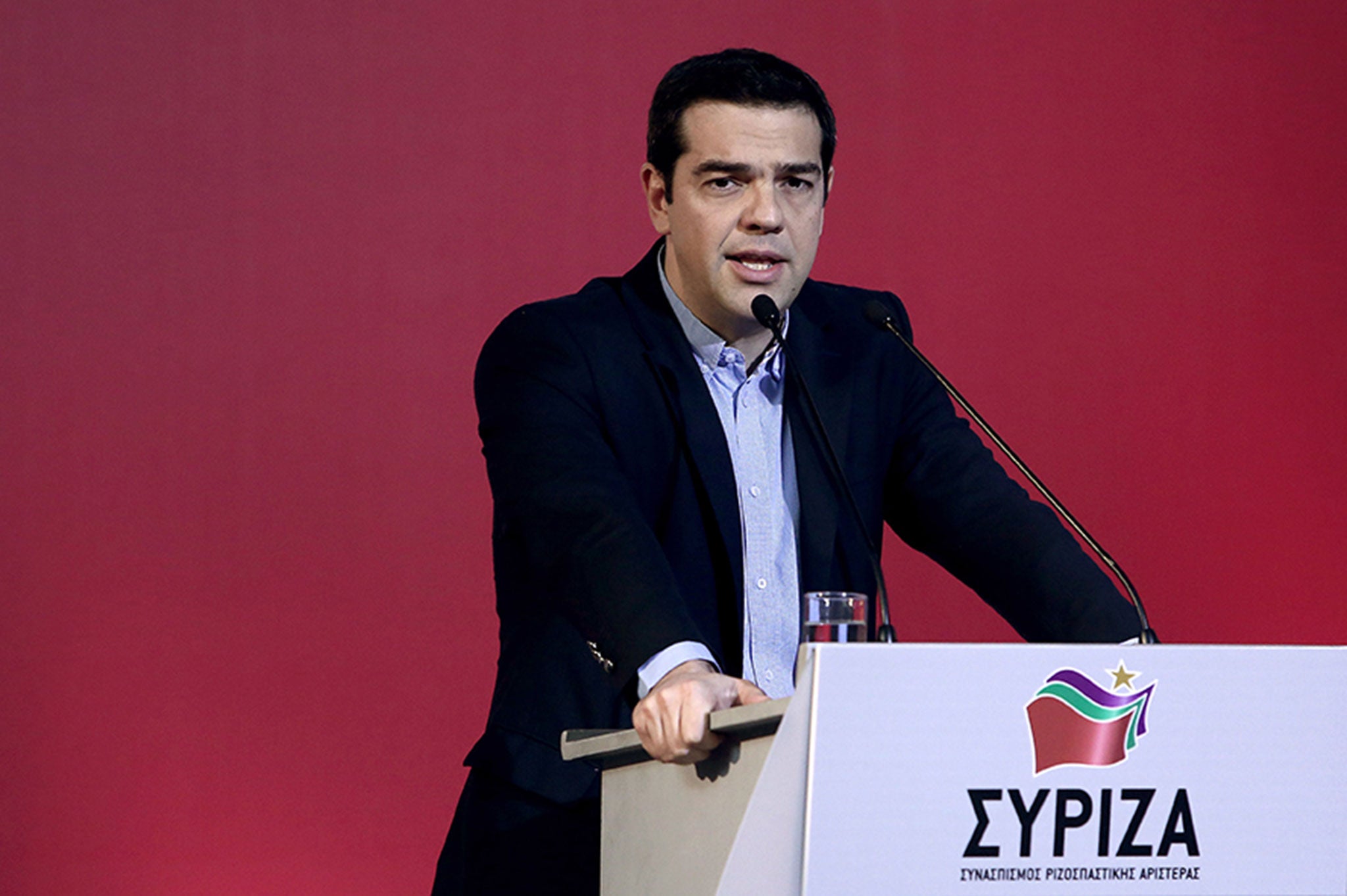Greece will need to tap €2 billion from public funds to pay its civil service workers at the end of the month
The country has been borrowing from public services like the Athens subway in order to make payments to its public sector workers.

Greece will need to tap from all of its remaining cash reserves in order to afford to pay its public sector workers, according to officials in the finance ministry.
A report by Reuters says they'll need to find €2 billion (roughly £1.4 billion) in order to pay the wages and pensions of those who work in the civil service.
The reports come at a time when Greek Prime Minister Alexis Tsipras is attempting to convince foreign creditors to extend the country's financial aid.
Fresh negotiations are expected to take place between Greek officials and lenders in Brussels later this month.
But a senior finance ministry official has told Reuters: "This is the last bit of cash that the Greek state has."
Greece has been borrowing from different parts of the state administration for months to pay the wages and pensions of public sector workers.

To tap the euros from different sources across the country, Greece has been utilising repo transactions, a system where a state entity lends money to the government for up to 15 days.
The deal is a short-term repurchase agreement, which can be rolled over if needed.
One official told Reuters Athens now has €10 billion in outstanding repurchase transaction, some of which came from the previous administration.
Using these repo transactions, the Greek government has borrowed €200 million from a fund intended to disburse EU subsidies to farmers, and €400 million from the Athens subway system.
Without €2 billion from these cash deposits from various public bodies, the state would be around €1.6 billlion short of what it needs to pay salaries and wages at the end of the month.
The financial pressure is expected to grow on the country in May, when Athens faces a new round to the International Monetary Fund of payments of €950 million.
The Prime Minister is confident that he will be able to convince the country's creditors to unlock the funds they'll need to prevent default - something which could mean an exit from the EU.
But so far his plans for financial reform to the economy have been deemed inadequate by the Eurozone.
The Greek finance ministry has denied the Reuters reports, saying: "News agencies' reports that refer to the state's cash reserves are groundless."
Additional reporting by Reuters
Join our commenting forum
Join thought-provoking conversations, follow other Independent readers and see their replies
Comments
Bookmark popover
Removed from bookmarks